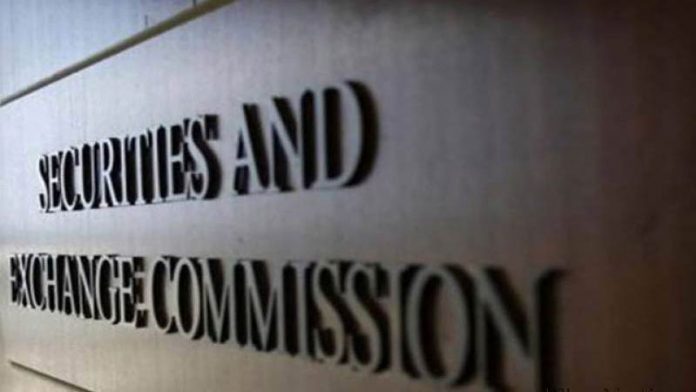ISLAMABAD: The Securities and Exchange Commission of Pakistan (SECP) held a capacity building workshop for journalists at its head office, focusing on equity trading at the Pakistan Stock Exchange, trading activity surveillance, and systemic risk. The event aimed to raise public awareness and understanding of capital markets.
The SECP team explained the important role played by the stock exchange in capital formation, financial inclusion, and diversification of investments. The participants were briefed on the trading, clearing, settlement, and custodial functions of the Pakistan Stock Exchange, the National Clearing Company, and the Central Depository Company of Pakistan Limited, collectively referred to as Capital Market Infrastructure Institutions (CMIIs).
The presentation on digital online account opening process emphasised the convenience offered by the newly introduced Centralised Gateway Portal (CGP) for retail investors across all financial intermediaries i.e., brokers, asset management companies, and insurance companies. The new process has simplified the process for opening accounts with multiple financial intermediaries by ensuring that most of the required documents and details are available in the CGP.
The presentation on market surveillance explained SECP’s mandate with respect to surveillance. Participants were informed about different types of market abuse, such as insider trading, market manipulation etc. and briefed about various tools for surveillance that have been deployed at SECP and PSX. Case studies were presented to participants to help them develop an understanding of market abuses, especially insider trading and market manipulation.
The presentation on systemic risk explained various risk indicators, such as liquidity, settlement-to-trade ratio, broker exposure, leverage, etc., and how these indicators act as early warning signals to identify and address potential market disruptions.
The presentations were followed by a question and answers session with active participation from both sides. The participants agreed that regular communication between regulators and the media is a good practice that will lead to more effective regulation by the regulators and more responsible reporting by the media.




